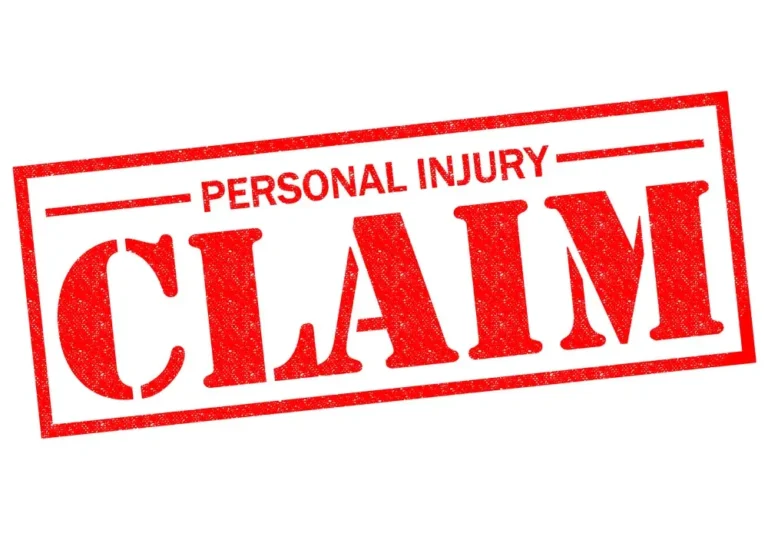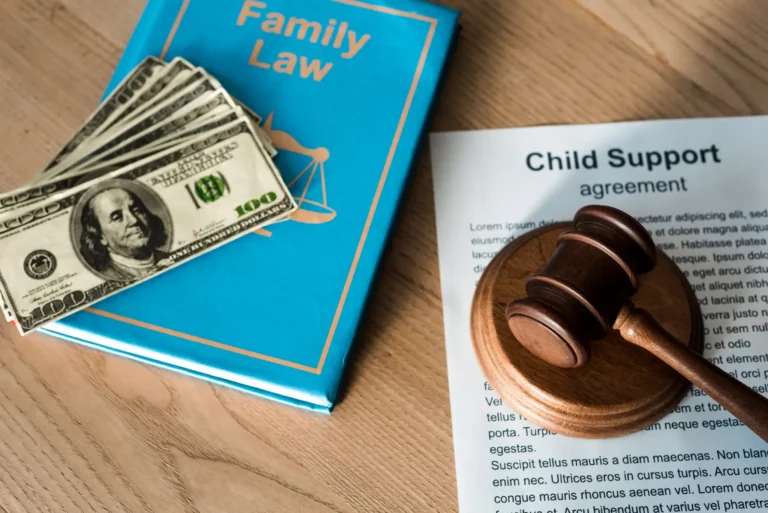How Long Does It Take To Settle a Personal Injury Case in Texas?
If you’ve found yourself in the unfortunate position of pursuing a personal injury case in Texas, you’re likely eager to understand how long the process may take. While there is no one-size-fits-all answer, there are several factors that can influence the duration of settling a personal injury case in Texas….













